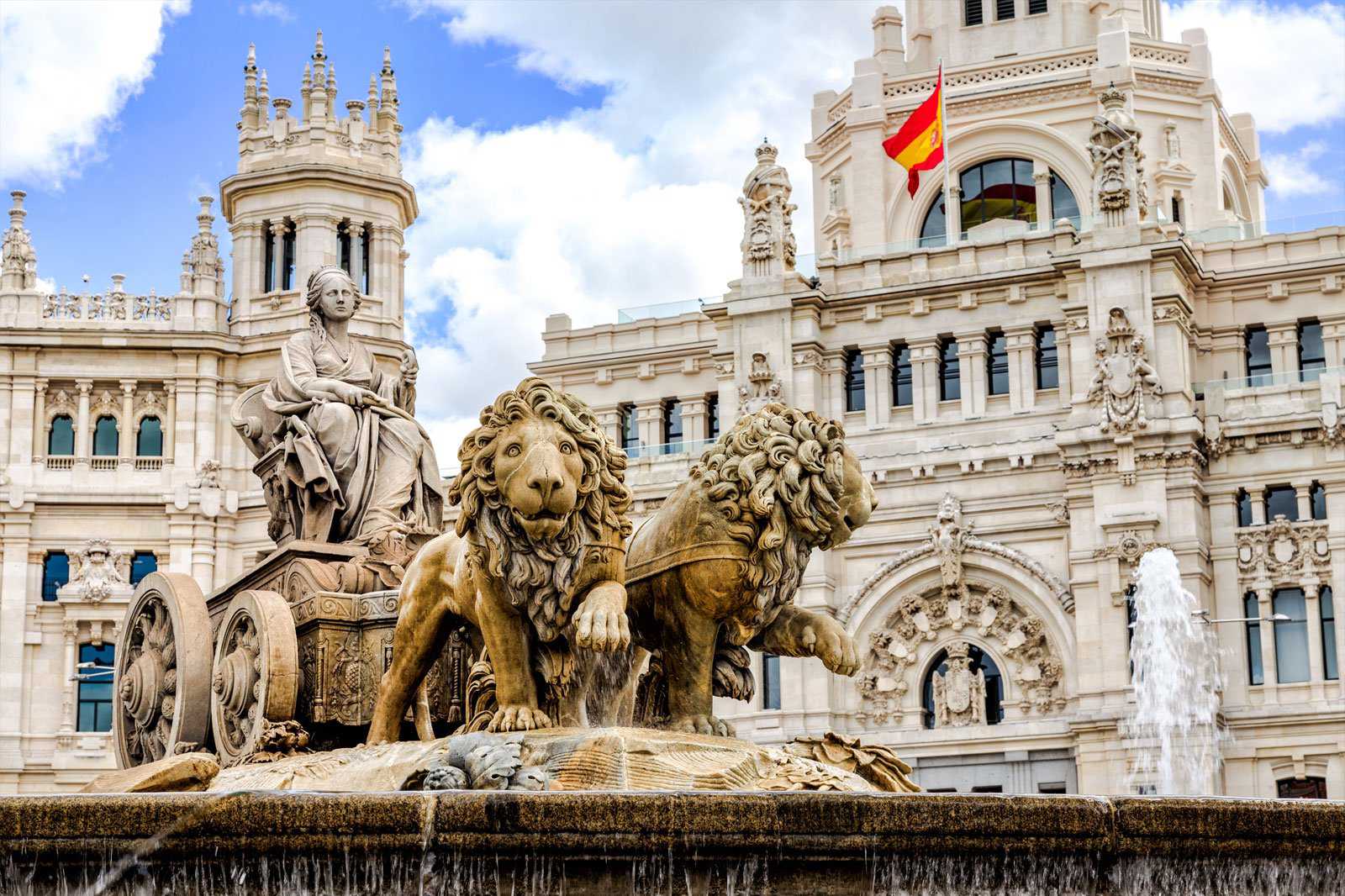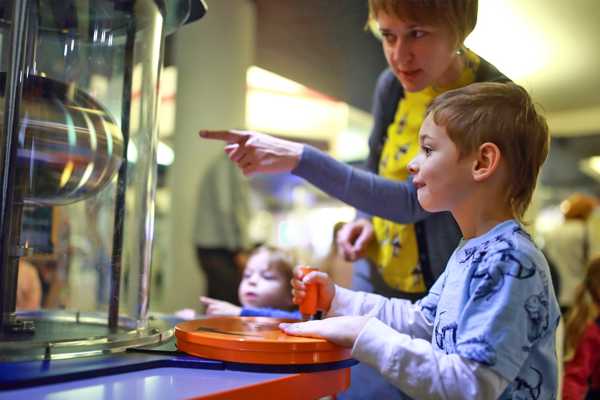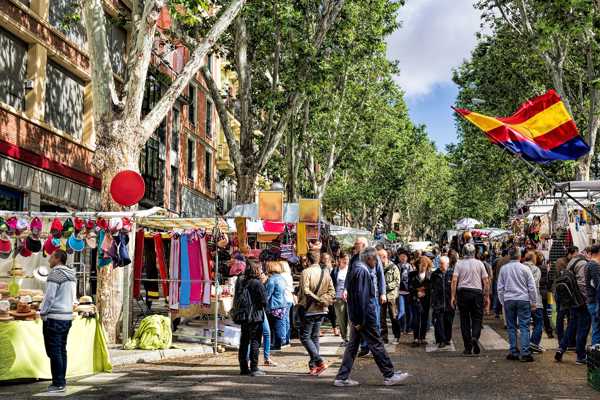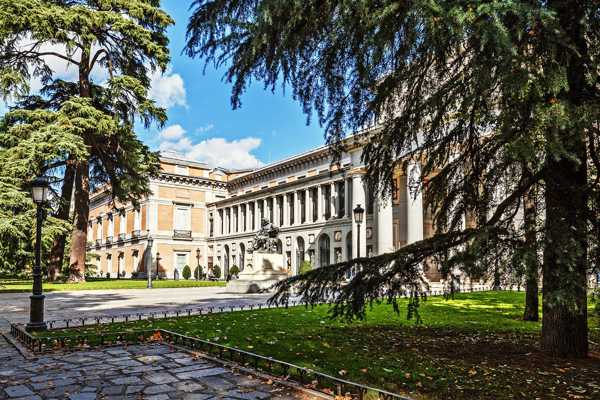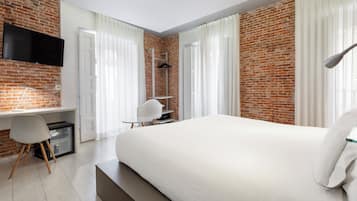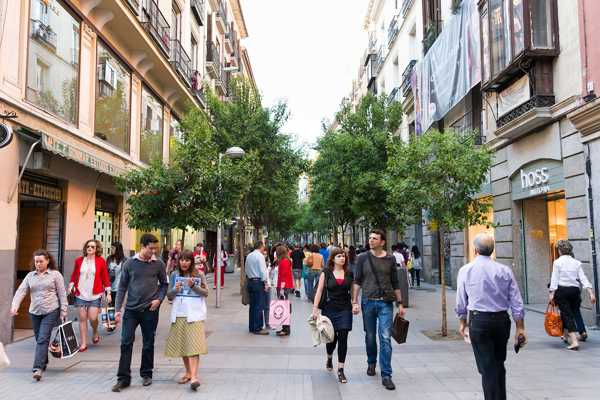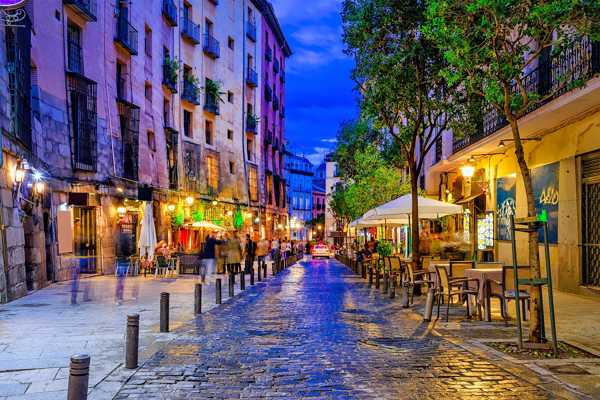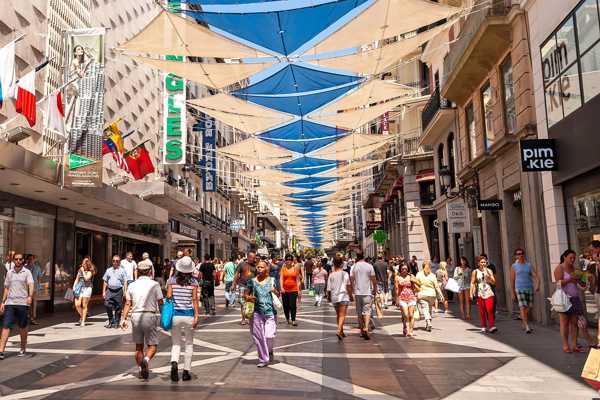Madrid may be a famous holiday destination, but there are certainly things you don't know about it. Perhaps you do know that it was founded at the end of the 9th century and that it’s the capital city of Spain (a surprising number of people think Barcelona is!). It’s widely known to be the home of Real Madrid, one of the most famous football team in Europe. It’s a very elegant city, filled with historical landmarks, but is also a dynamic European cultural capital.
We’ve listed a selection of the more fun and quirky facts about Madrid. Some of them may be on the verge of being urban legends, but they will certainly spice up your conversations before or after your next trip.
- 1
Madrid inhabitants are called 'cats'

In 1085, Madrid was under Moorish control. The troops of King Alfonso VI were in the starting-blocks, ready to assault and take back the city when one of the Spanish soldiers decided to climb the city wall by himself. With great agility, he reached the top of the wall and replaced the Moorish flag with a Christian flag. This earned him the nicknamed Gato (cat in Spanish) and the name stuck to all the inhabitants of Madrid.
- 2
The Spanish King doesn't live in the Royal Palace

Palacio Real (Royal Palace) may be the official royal residence, but the King of Spain hasn’t resided in this sumptuous edifice since 1967. He lives on the western outskirts of Madrid, in a more modest place named the Palace of Zarzuela. The official Royal Palace is only used for state ceremonies.
- 3
The vault of the Bank of Spain is closer than you think

It’s said that the vault of the Bank of Spain is 35 metres below the Cibeles Fountain that sits in the emblematic square of the same name, in the centre of Madrid. It’s also believed that the fountain is part of the bank security system. If someone breaks into the vault, the water of the fountain is automatically redirected to fill up the vault underneath.
- 4
Find Saint Valentine in Madrid

Relics of the patron saint of love can be found in many churches all around Europe, but it’s in Madrid that he left his heart – literally. It (and the rest of his body) resides in the Church of St. Anton on Calle de Hortaleza, just north of the city centre.
foto de Luis García (CC BY-SA 3.0) modificada
- 5
Dinner time is 9.30pm in Madrid

Time frames are different from one country to the other. In Madrid, the dinner time is generally around 9.30pm. Before this, starting around 8pm, it’s the sacred hora del aperitivo (aperitif time), which is spent enjoying a few glasses of wine or sangria, accompanied by tapas.
- 6
You can take a talking car to tour Madrid by yourself

If you’re looking for a quirky, independent way to discover Madrid, then you should use the services of GoCAR Tours. You’ll ride a mini yellow car equipped with a GPS preloaded with itineraries featuring the most iconic landmarks of the city. This allows you to visit Madrid at your own pace, stopping for photos or for a drink whenever you want.
foto de morebyless (CC BY 2.0) modificada
- 7
Discover the cheapest way to lunch in Madrid

The best way to sample genuine Spanish cuisine at very affordable rates is to take the menu del dia (daily menu) that can be found in most restaurants. For a price ranging between €8 and €15, you’ll enjoy a 3-course meal, sometimes served with a carafe of wine.
- 8
You can see 2 sections of the Berlin Wall in Madrid

Sections of the famous Berlin Walls can be found in Madrid. There are 3 segments in the middle of a fountain in the northeastern corner of Parque de Berlin (Berlin Park). Another segment is on display in Parque Europa (Europe Park), on the eastern outskirts of the city.
foto de Xauxa Håkan Svensson (CC BY-SA 3.0) modificada
- 9
Madrid hosts the oldest working restaurant in the world

According to the Guinness Book of World Records, the oldest working restaurant in the world is Sobrino de Botín. Founded in 1725, it’s on Calle Cuchilleros, in the centre of Madrid. The restaurant is not only famous for its long existence. Through the years, it has won many awards for the quality of its traditional madrileño cuisine.
foto de Tamorlan (CC BY-SA 3.0) modificada
- 10
Madrid is the geographical centre of Spain

The Puerta del Sol (Gate of the Sun) is a famous public square which hosts a plaque on the floor marking kilometre 0 of all roads in Spain. The plaque is right in front of the main entrance of the Real Casa de Correos (Royal House of the Post Office), at the exact middle of Spain.
